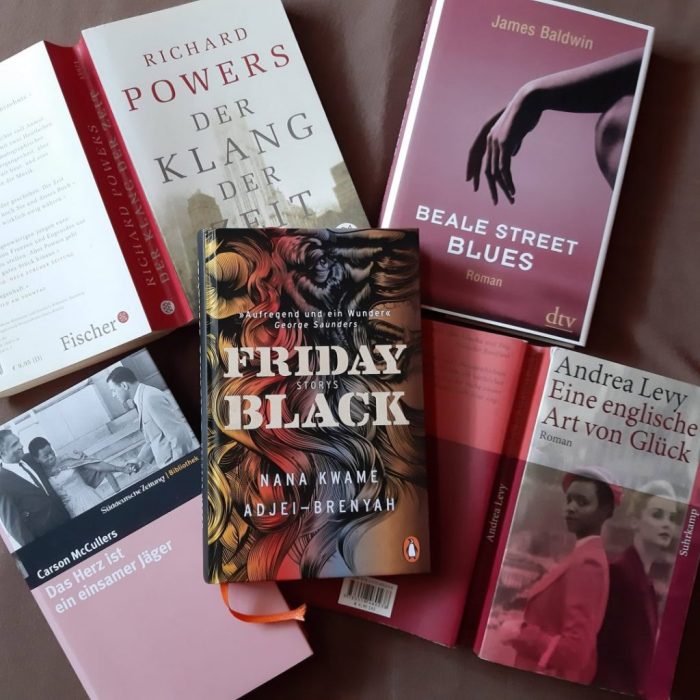The era by nana kwame adjei-brenyah – Nana Kwame Adjei-Brenyah’s novel, The Era, delves into the complexities of identity, societal norms, and the human experience. Set against a backdrop of historical and social change, the novel offers a profound exploration of the ways in which individuals navigate their place in the world.
Through a cast of vividly drawn characters and a compelling narrative, Adjei-Brenyah examines the impact of societal expectations, the search for belonging, and the transformative power of human connection.
Historical Context

The novel is set in Ghana during the post-colonial era, a time marked by significant social, political, and economic changes. The country had recently gained independence from British rule and was grappling with the challenges of nation-building and economic development.
The novel captures the complexities of this period, exploring the hopes and aspirations of the Ghanaian people as well as the challenges they faced.
Social Conditions
- The novel portrays the social hierarchy that existed in Ghanaian society at the time, with the wealthy elite enjoying significant privileges and the majority of the population living in poverty.
- The novel also explores the issue of ethnic and regional divisions within Ghana, which played a role in shaping the country’s political landscape.
Political Conditions
- The novel depicts the challenges of establishing a stable and democratic government in Ghana after independence.
- The novel also examines the role of the military in Ghanaian politics, which was a significant force during the post-colonial era.
Economic Conditions, The era by nana kwame adjei-brenyah
- The novel portrays the economic challenges faced by Ghana after independence, including high levels of unemployment and poverty.
- The novel also explores the impact of international economic policies on Ghana, particularly the influence of the World Bank and the International Monetary Fund.
FAQ Insights: The Era By Nana Kwame Adjei-brenyah
What is the central theme of The Era?
The novel explores the multifaceted nature of identity, the complexities of societal expectations, and the transformative power of human connection.
How does Adjei-Brenyah portray the impact of societal norms on individuals?
Through the experiences of his characters, Adjei-Brenyah demonstrates the ways in which societal expectations can shape and constrain individual identity and aspirations.
What is the significance of the novel’s historical setting?
The novel’s setting against a backdrop of historical and social change provides a rich context for exploring the ways in which individuals navigate their place in a rapidly evolving world.




